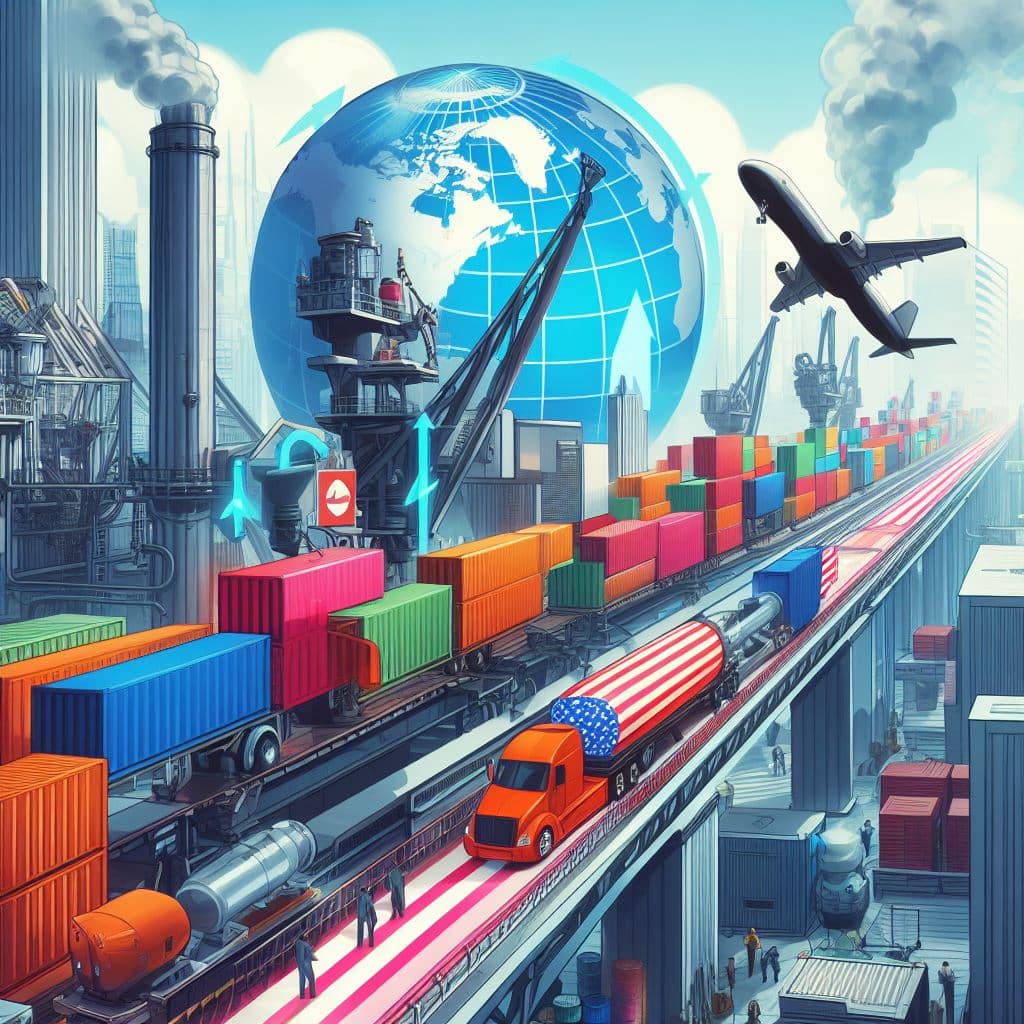Trade agreements can cause jobs to go to countries that provide those jobs:
a) efficiently
b) expensively
c) freely
d) gradually
This question is a part of Econ Answers.
Answer
The answer is: efficiently.

Trade agreements are designed to facilitate the exchange of goods and services between countries by reducing barriers such as tariffs, quotas, and regulations.
One of the outcomes of such agreements is the relocation of jobs to countries that can perform certain tasks more efficiently. This efficiency can arise from various factors:
- Lower Labor Costs: Some countries have a lower cost of living, which translates to lower wages. Businesses can produce goods at a reduced cost when labor is cheaper.
- Specialization: Certain countries may have specialized skills or knowledge in a particular sector, allowing them to produce goods or services more effectively than others.
- Regulatory Environment: A more business-friendly environment with fewer bureaucratic hurdles can make it more efficient for companies to operate.
- Resource Availability: Some countries might have abundant natural resources necessary for specific industries, making production more efficient.
- Infrastructure: Well-developed infrastructure can reduce transportation and production costs.
When jobs move to countries that can provide these efficiencies, it’s not just about cutting costs. It’s about optimizing production processes, accessing specialized skills, and leveraging global resources to produce goods and services that meet global demand.
While this can lead to job losses in certain sectors or regions, the overarching goal is to enhance global economic productivity and growth.
Sources
- Trade, Employment and Development | UNCTAD – This source discusses the potential of trade to generate and improve employment in developing countries and countries with economies in transition.
- Trade and jobs – OECD – This article from the OECD discusses how trade affects the job market and emphasizes the need for a more integrated policy approach to ensure more workers benefit from trade.
- International Trade and Its Effects on Jobs, Wages, and Working Conditions | Lumen Learning – This educational resource discusses how international trade influences the job market and highlights the relocation of jobs to countries with lower wages.



